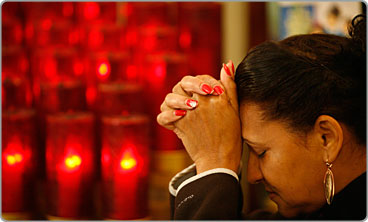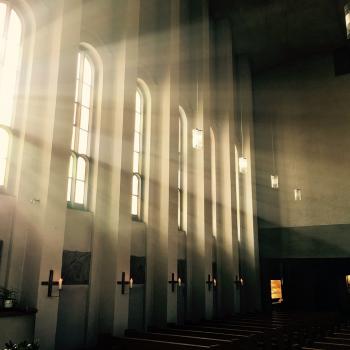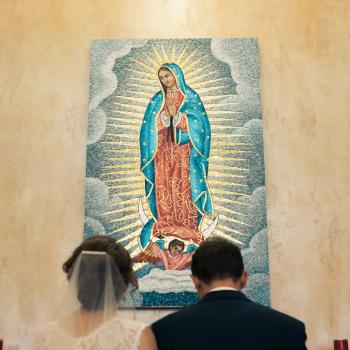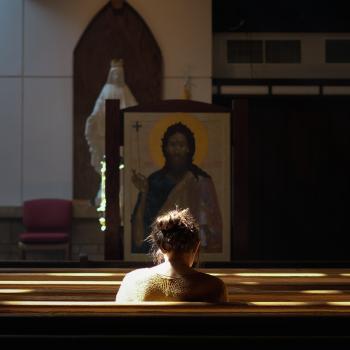Author Peter Manseau looks at that question in The New York Times:
Even as the pope appears to be opening a big tent, others in the church hierarchy ensure that it will not expand too far. Last July, in response to a question about gay priests, Francis famously uttered one of the lines that set the tolerant tone of his pastoral style, “Who am I to judge?” That same month, the Archdiocese of Detroit published a warning against “nearly a dozen churches” in its jurisdiction that “use the name Catholic, but aren’t.”
The churches mentioned ran the gamut from those that support women’s ordination to those that offer Mass only in Latin and reject all ecclesiastical reforms. The one thing they had in common was their use of a single volatile word: Catholic.
“The only reason they’re calling themselves Catholic,” a church official said at the time, “is to confuse people.”
The most confusing of these may have been a church that once was Catholic, then was not, but still claimed to be. Closed by the archdiocese several years before, the century-old St. Anthony’s was purchased by a group that calls itself the Ecumenical Catholic Church of Christ. Most Sundays, its pews hold a few dozen men and women, most of whom were raised in the Roman church but disagreed so vehemently with its views that they left to join this independent community, which considers itself an “authentic Catholic congregation.”
Church leaders aren’t the only ones policing such expansive uses of the term. Not long after St. Anthony’s reopening, one online commenter wrote: “You do not represent the Catholic Church established by Jesus Christ through His Apostles over 2000 years ago. You defy Church teaching, you are as Protestant as any other splinter group.” Apparently that wasn’t insult enough. The comment continued: “You may be playing house in what used to be a CATHOLIC Church, but you are by no means Catholic.”
The anecdotal surge in the church’s appeal known as the “Pope Francis effect” may be changing attitudes toward the word “Catholic,” but it could also highlight a truth as old as the church itself: Despite its primary definition — universal — there is no universal agreement on what it means.
Who is a Catholic? Is it a matter of baptism? Belief? Loyalty? Psychology? For some, the answer depends on tests of political purity. For others, who may no longer receive the sacraments but continue to identify with the faith, “once a Catholic, always Catholic” is not just a principle of canon law (semel catholicus, semper catholicus), but the diagnosis of a chronic condition.












